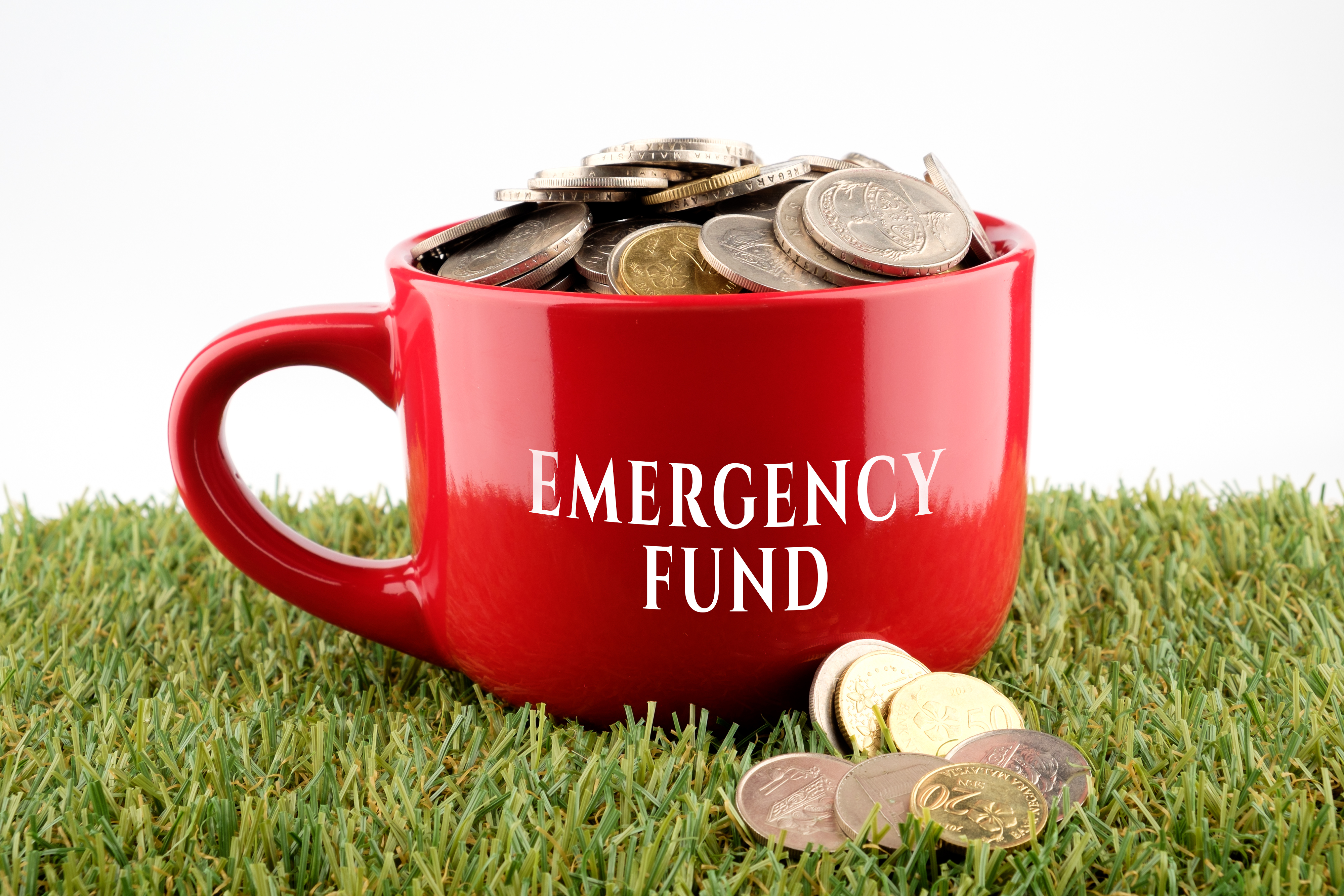Let’s imagine a situation. You are the breadwinner of your family. You are currently out on a much-needed, long-awaited vacation – a luxury for your family you saved up for. Suddenly, a family member of yours meets with an accident. You are stuck in the middle; helpless and moneyless (if there’s a word like that!) Would you want to be lost in such an emergency situation? I am sure your answer will be no. And that’s exactly why you need to know the importance of Emergency Funds.
Emergency Funds:
“Emergency funds” are synonymous with “backup plans”. They are supposed to save our backs in times of trouble. Emergencies and problems are inevitable. And when they occur, we can’t help but face, rectify, and solve them. And of course, it comes with a price, and mostly a huge sum you mind. For those with minimal or no savings, life would be hell at such moments. This is where these funds play a major role.
The major reason for investing in emergency funds is to have money that can be accessed whenever in need. The emergency can be anything, ranging from the loss of a job to a minor, but immediate need. Regular income employment is vulnerable and its stability cannot be assured. We can protect ourselves for life by means of investing in such funds. Regular investments in such funds can help us by acting as a “support salary”.

Two things to be considered before investing in emergency funds:
1. The Plan
The most important part of emergency funds is liquidity and safety. Investor must be able to convert their investments into cash immediately, whenever they need it. If that is not the case, then there is no point in having emergency funds. Investing in schemes such as ELSS, NPS, PPF, etc., which have lock-in periods, will not help in times of emergencies. Also, investing in high-risk, but immediately liquifiable funds also cannot be considered during an emergency.
Some of the top choices for such situations are:
- Savings account
- Liquid funds
- Ultra-short debt funds
2. The Amount
Your emergency fund should help you to cover at least three months of your expenses. Having three months to eight months of your expenses covered would be perfect! If a person loses his/her job, these funds would help them pay their loans, EMIs, and other expenses.
It doesn’t stop with this. Every time a person’s salary and lifestyle change, their allotments in emergency funds should change accordingly.
Would you prefer living with fear and doubts about your financial safety, or would you rather have it all planned to meet emergencies?
Plan wisely, well in advance!








